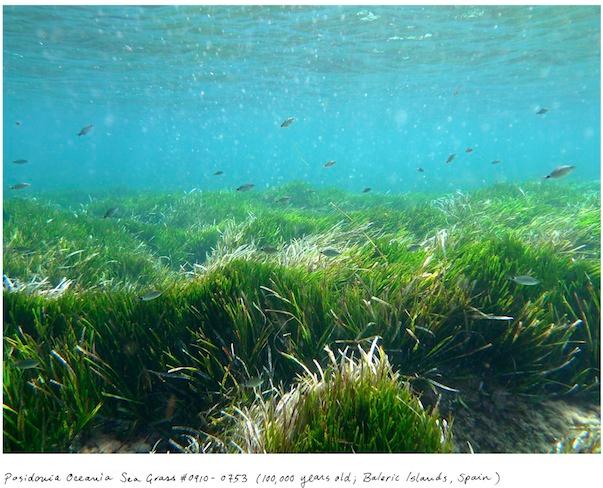New report blames most rising seas on humans — but this scientist remains hopeful
It's not just humans, says Benjamin Strauss. But for the most part, it is.
He's a scientist with Climate Central, an independent organization researching "the science and impacts of climate change." Strauss says Climate Central worked closely with the authors of a new study that found the sea is rising at the fastest rate in 28 centuries.
Robert Kopp of Rutgers University, who's the lead author of the study, says it's highly probable that sea-level rise in the 20th century was by far the fastest since at least 800 BC — 5.5 inches, or 14 centimeters. And he says the new data make it virtually certain that humans were responsible for more than half of that.
Climate Central took the data and put it on a map, comparing the levels of climate change caused by humans versus natural causes.
Strauss published a column on the research organization's website explaining this map. Click on each highlighted city to see how many days of flooding are attributed to humans over the last 50 years.
"Sea levels have always ebbed and flowed, but the 20th century is really extraordinary," Kopp says. "It's extremely likely that less than about half of those 14 centimeters would have happened without human-caused warming."
And if we continue to burn fossil fuels "as the core of our economy," he says, "we very likely would see somewhere between 50 and about 130 centimeters — about 2 to 4 feet — of sea-level rise."
Regardless, Kopp is an optimist. He says the climate talks in Paris set "aspirational goals" nations will have to work toward.
"Humans have accomplished a lot of great things in their time on this planet," he says, "and I think we have it in out power to get off the fossil-fuel intensive path and on to a low-carbon one."
